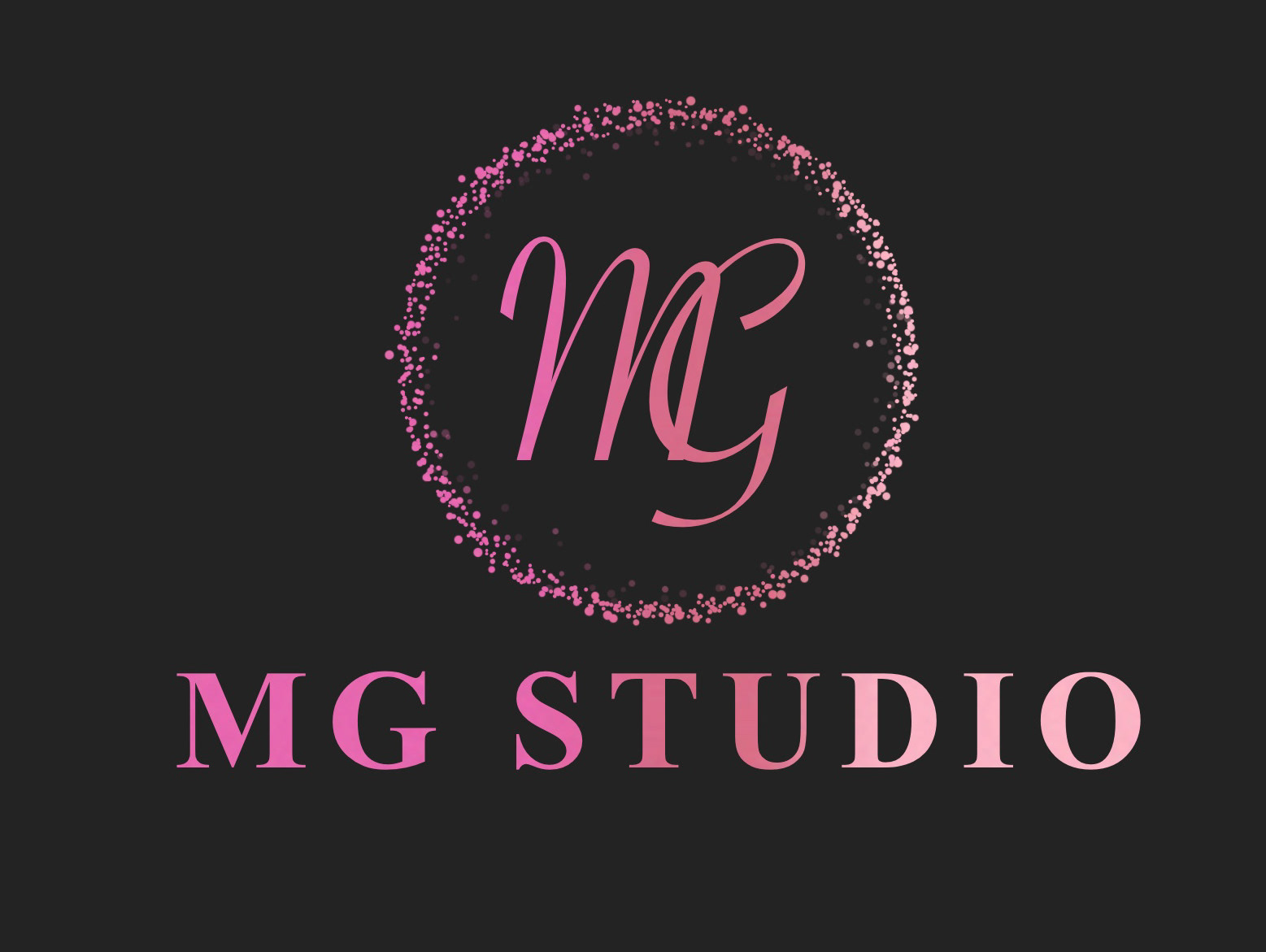What is Copyright?
Copyright is an intellectual property right which features mainly in, but is not exclusive to the cultural, arts and information technology sectors. It is the legal form of protection used by the creators or authors of such works to protect the tangible form of all or part of their individual works. A tangible form of an idea is essentially the expression of that idea in a visible and/or audible form. This could be where a songwriter writes the lyrics and musical notes of their compositions on paper or even makes a recording of the song. Other examples may be an author writing a book, a photographer taking a picture, a sculptor creating an image or somebody creating a software application. In all of these cases, they began with an idea (that often but not always requires further development) before eventually expressing it in a visible or audible manner.
The Copyright & Related Rights Act, 2000 made it clear that photographers, as authors, are the copyright owners of their photographic images, except when those images were made as an employee, or when the photographer has conveyed the copyright to another party in a written and signed agreement. Copyright is a legal right to control the copying, reproduction, distribution, derivative use and public display of photographs, and to sue for unauthorised use (infringement). These rights are protected by laws which provide for damages and criminal penalties for companies, processing photo labs, copier companies and the publishers of publications. Copyright in a work is separate from the tangible form of the work-when a photographer sells a copy of a photographic image, he/she retains all rights to the use of that image, and the purchaser owns only the limited rights to display it publicity to family and friends. When a copying or publishing company that you are dealing with tells you they cannot reprint or publish the photograph you own without the photographer’s permission, they really cannot. They are obligated to protect the photographer’s copyright because wilful infringement for profit is a criminal offence, and avoiding infringement protects both of you from incurring liability.
Why Copyright is important?
Professional photographers have much invested in delivering quality work, and they generally price their services by taking into account the fact that their customers will purchase photographs and reprints from the photographer. If reprints are produced elsewhere, profits are cut and fees must be raised to cover the loss. Most photographers are also concerned about artistic integrity, and control over the reproduction process is necessary in order to insure the highest level of quality. Digital manipulation is another area of concern, and unauthorised changes in an image can lead to truth-in-advertising violations. Professional photographers are a selling service, so if questions arise, call your photographer and negotiate an agreement which will satisfy all parties concerned.
for more information, click on button below
